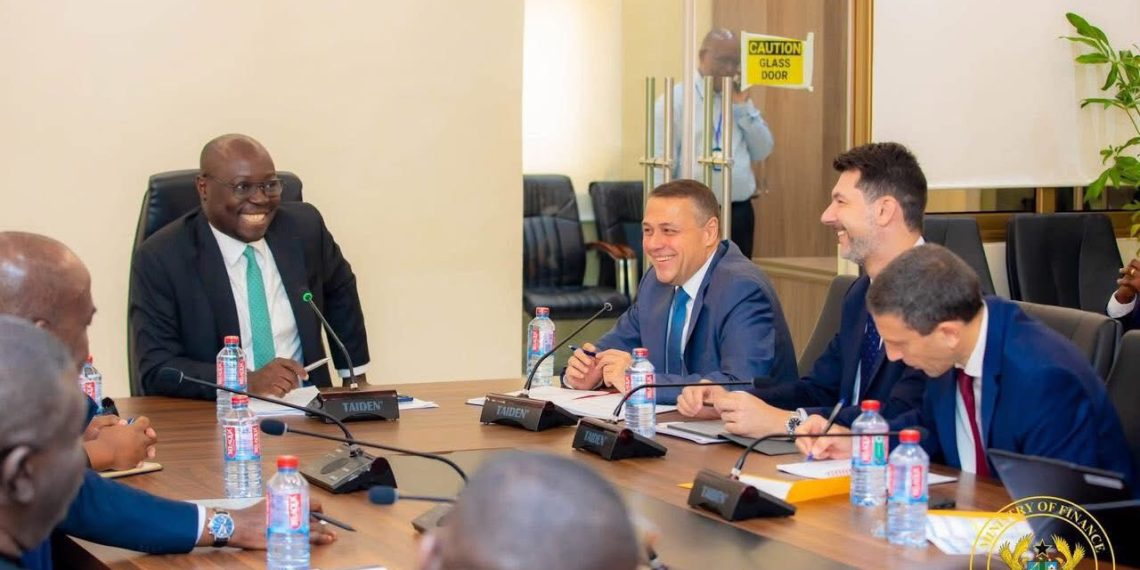Read also:
- Heath Goldfields Denies Wrongdoing in Bogoso-Prestea Mine Acquisition
- Dr. Palgrave Boakye-Danquah Slams President Mahama Over Galamsey Response
- Dodowa Ngmayem Festival 2025: A Celebration of Culture, Unity, and Gratitude
- No Teacher is Above the Law – Haruna Iddrisu
- UDS Team Returns Home to a Hero’s Welcome After Historic FISU World University Games Victory
Ghana’s fifth review under the International Monetary Fund (IMF) programme has entered its second week, with negotiations expected to conclude by October 10. A successful outcome will unlock a $360 million disbursement, bringing total support under the country’s $3 billion Extended Credit Facility (ECF) to approximately $2.66 billion.
The IMF mission, led by Dr. Ruben Atoyan, has been in Accra since late September, engaging with officials from the Ministry of Finance and the Bank of Ghana. The review focuses on assessing the government’s performance in several key areas.
A critical aspect of the review is evaluating Ghana’s progress in managing its finances and reducing debt. The government has been working to improve fiscal discipline and implement debt restructuring plans to ensure sustainability. This includes efforts to reduce borrowing and increase revenue generation.
The effectiveness of the Bank of Ghana’s monetary policy decisions is also under scrutiny. The review will assess the impact of these policies on inflation, interest rates, and overall economic stability. The Bank of Ghana has been working to maintain price stability and support economic growth through its monetary policy framework.
A significant emphasis will be placed on domestic revenue mobilization, a critical component of Ghana’s economic recovery plan. Strengthening tax compliance and broadening the revenue base are essential to reducing the country’s reliance on external borrowing. The government has introduced various measures to improve tax collection and reduce tax evasion, which are expected to contribute to the country’s fiscal sustainability.
A positive outcome is expected to have several benefits for Ghana’s economy. It will boost investor confidence, enhance investor sentiment, and increase foreign exchange reserves, enabling the Bank of Ghana to better manage currency fluctuations. Additionally, it will help maintain macroeconomic stability, creating a favorable environment for economic growth and development.
The IMF-supported programme aims to restore fiscal sustainability, protect the vulnerable, strengthen financial stability, curb inflation, rebuild reserves, and create conditions for private investment, growth, and jobs. With the review’s outcome expected to have a significant impact on Ghana’s economic prospects, the government is working to meet the IMF’s requirements and secure the crucial funding.
epos MBN360 news




